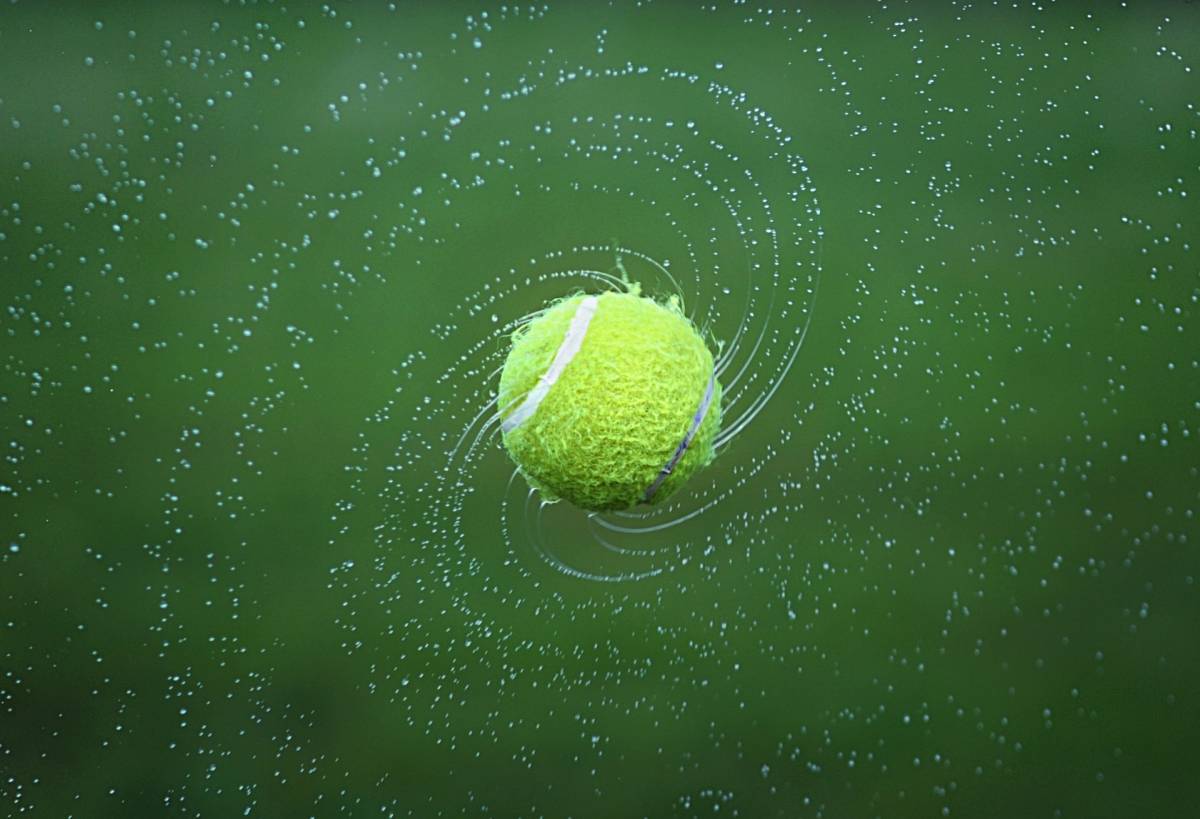When we talk about compatibility in relationships, it can be useful to think of sports — even if you also refer to most major league sports as "sportsball."
Because it’s all Calvinball anyway.
Let me explain with an example.
Victoria likes playing kickball. She’s got one of those red balls we used to have in PE in elementary school, and is ready to go.
Harvey likes playing baseball. He has four bases, but does not have a ball.
Harvey can use his bases to play kickball with Victoria. Victoria’d be thrilled, and depending on how adaptable Harvey is, he could be quite happy as well. But if he’s determined that he must play baseball, Harvey could wind up dissatisfied.
Harvey then sees Carlos with what looks like a bat. He decides he’d rather play baseball with Carlos… but discovers after a few seconds that it’s actually a cricket bat. Once again, Harvey is disappointed… and let’s not forget that Harvey has left both Carlos and Victoria without someone to play sports with.
Victoria and Carlos both watch Harvey take his bases and go home. They discover that a cricket bat works just fine hitting that big red ball, and improvise their own game using the equipment they have, and create their own version of Calvinball.
Calvinball was invented by Bill Watterson for his comic strip Calvin and Hobbes. It’s an improvised game, where the only permanent rule is that "players cannot play it the same way twice." The rules adapt to whatever works for the players, the way they feel at the time, and what they have to work with.
Neither Victoria or Carlos is playing exactly the game they thought they were going to play. Maybe it’s not even the game they originally wanted to play. But that did not stop them from working together, figuring out (or inventing) a game they could play together, and having a wonderful time.
Pretty straightforward, but there’s another bit of wisdom hidden in Calvinball, spoken by Calvin himself:
Sooner or later, all our games turn into Calvinball.
Harvey, on his way home, meets Belinda. She has a bat, glove, and ball with her. She sees Harvey’s bases, and both of them rejoice at having met someone who wants to play the same game. They set up the bases, get ready, and then Belinda gets ready for the first pitch…
…and Harvey realizes she’s throwing underhanded.
Belinda is actually a softball fan. The game is very similar to baseball, but it does have a number of differences, including pitching style. Harvey and Belinda may very well trip over some assumptions about the rules. They may find themselves frustrated or upset sometimes when game play does not go the way they expect it to.
Softball and baseball are a lot more similar to each other than they are to cricket or kickball.
But in the end, it’s still Calvinball.
Every relationship — no matter how "normal" or "normative" it may appear — is different. Every relationship is its own entity, with its own rules and norms and guidelines. Make that relationship as "straight" and "mainstream" as you want. Heteronormative "traditional" marriage? Sure — but my parent’s marriage is nothing like either of my two previous ones, and each of those was different from the other, and those were different from each of my coworker’s marriages, and so on.
Each of us comes to our relationship(s) with our own expectations of what "game" we are going to play, and our own set of "equipment" for the game. Sometimes those expectations or sets of "equipment" simply won’t work well together. Sometimes the expectations and equipment so similar that it’s easy to forget that we’re playing by variant house rules that we and our partner(s) came up with. And sometimes that game is a completely improvised one using a lacrosse stick with water wings and a deck of playing cards, and everyone’s having a blast.
Bill Watterson once said, "People have asked how to play Calvinball. It’s pretty simple: you make up the rules as you go."
And if that isn’t an apt description of relationships, I don’t know what is.
Featured Image by be*********@gm***.com from Pixabay
